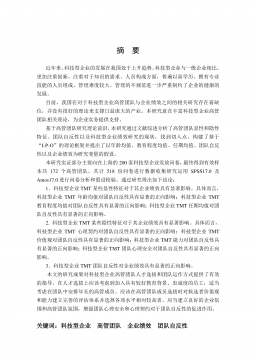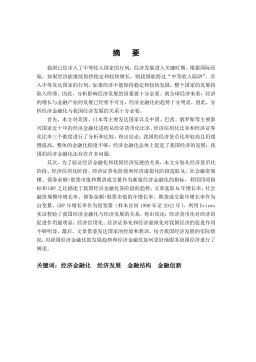CONTENTS
Acknowledgements .......................................................................................................... i
ABSTRACT .....................................................................................................................ii
摘 要 ............................................................................................................................... iii
Chapter1 Introduction ....................................................................................................1
1.1 Motivations and Objects of the Thesis .................................................................1
1.2 Significance of the Thesis .................................................................................... 1
1.3 Organization of the Thesis ................................................................................... 2
Chapter 2 Literature Review on Privacy ...................................................................... 3
2.1 Denotation and Connotation of Privacy ...............................................................3
2.1.1 Types of Privacy .........................................................................................5
2.1.2 Functions of Privacy. ..................................................................................7
2.2 Studies about Privacy home and abroad ............................................................ 10
2.2.1 Studies about Privacy at home ................................................................. 10
2.2.2 Studies about Privacy abroad ...................................................................10
Chapter3 A Comparative Approach to Privacy ......................................................... 13
3.1 Individualism and Privacy in America ...............................................................13
3.1.1 Understanding of Individualism .............................................................. 14
3.1.2 Emerson’s Individualism and Privacy ..................................................... 14
3.1.2.1 Individual soul and Privacy ............................................................ 14
3.1.2.2 Personality and Privacy ...................................................................17
3.1.2.3 Personal right and Privacy .............................................................. 18
3.2 Confucianism and Privacy in Chinese Culture ............................................. 21
3.2.1 Ren and Privacy ....................................................................................... 21
3.2.1.1 What is Ren .....................................................................................22
3.2.1.2 Ren & Privacy .................................................................................23
3.2.2 Li and Privacy .......................................................................................... 26
3.2.2.1 What is Li ........................................................................................26
3.2.2.2 Li & Privacy ....................................................................................28
3.2.3 Zhong Yong and Privacy ..........................................................................30
3.2.3.1 What is Zhong Yong ........................................................................30
3.2.3.2 Zhong Yong & Privacy ................................................................... 30
3.3 The Analysis of the Comparison ........................................................................ 33
Chapter4 Privacy and Pragmatic Principles .............................................................. 35
4.1 Privacy and Politeness Principle ........................................................................ 35
4.1.1 Confucian thoughts on Politeness Principle ............................................ 36
4.1.2 Western Politeness Principle .................................................................... 38
4.1.3 Case Studies ............................................................................................. 42
4.2 Privacy and Cooperative Principle. ....................................................................46
4.2.1 Confucian thoughts on Cooperative Principle ......................................... 46
4.2.2 The definition of CP .................................................................................48
4.2.3 Conversational Implicature ...................................................................... 49
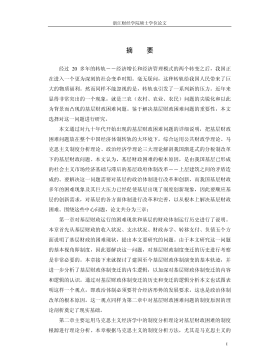
 2024-09-20 46
2024-09-20 46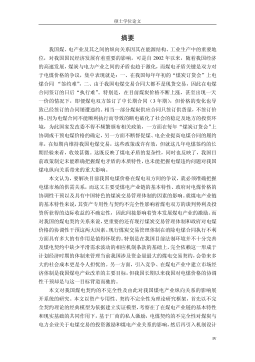
 2024-09-20 43
2024-09-20 43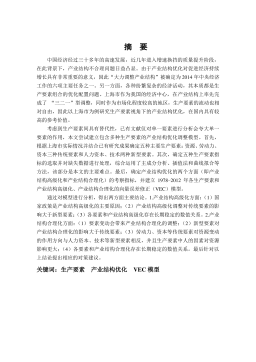
 2025-01-09 8
2025-01-09 8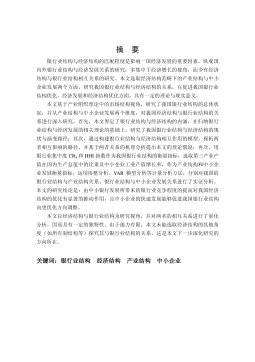
 2025-01-09 17
2025-01-09 17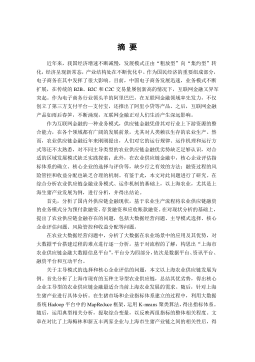
 2025-01-09 14
2025-01-09 14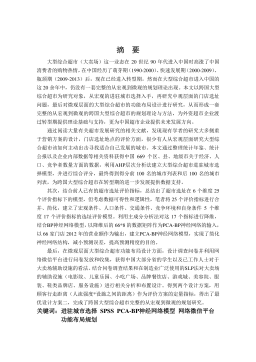
 2025-01-09 9
2025-01-09 9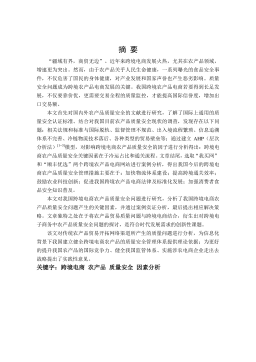
 2025-01-09 9
2025-01-09 9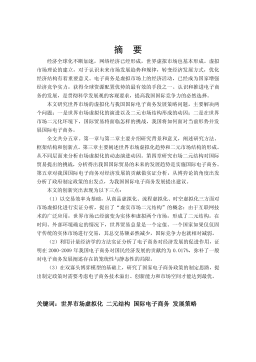
 2025-01-09 43
2025-01-09 43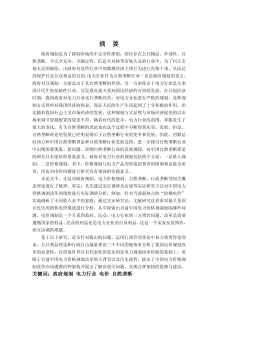
 2025-01-09 19
2025-01-09 19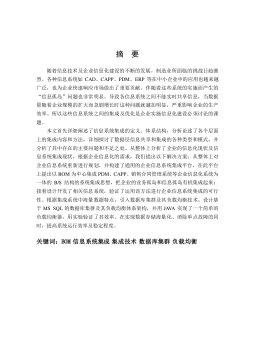
 2025-01-09 30
2025-01-09 30






